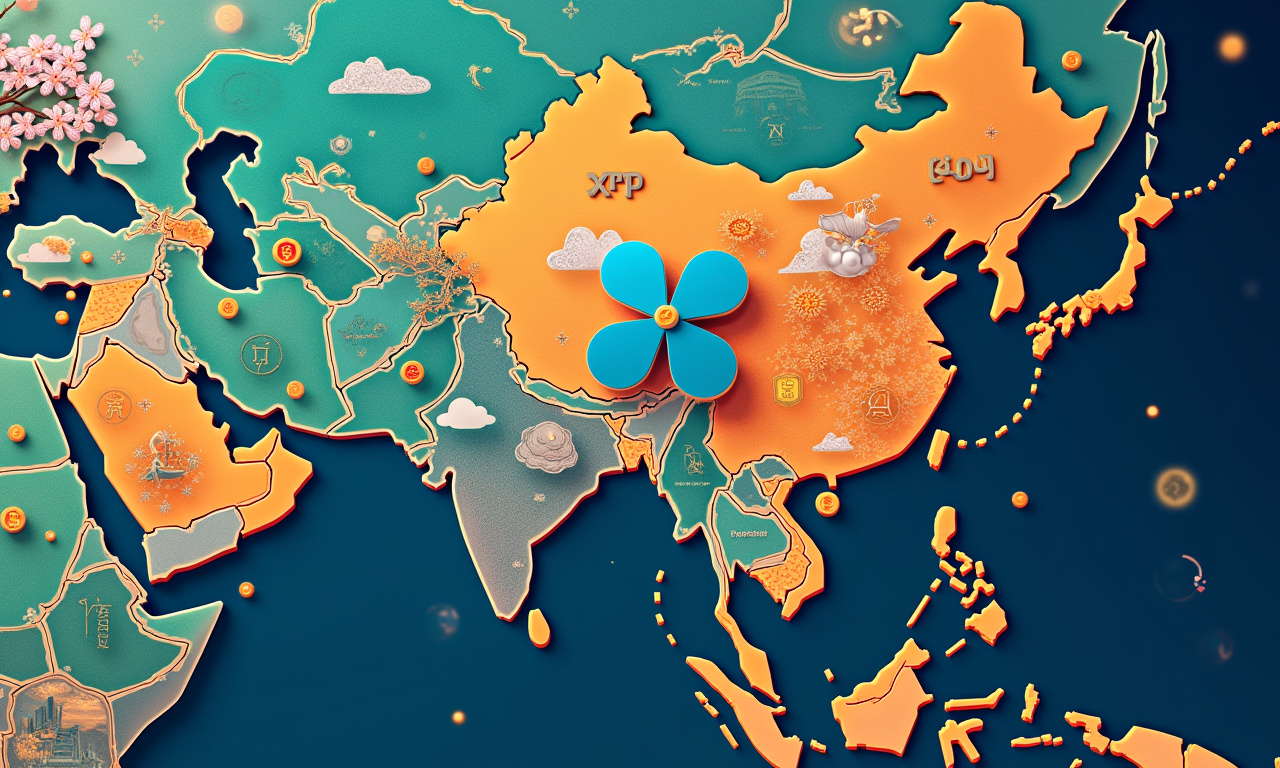
Aethir's AI Unbundled: Will It Solve Web3's AI Scaling Problem?

Liu Wenjing
Web3’s AI dreams are vast, they’re projects that so far only exist in the promise of a distant future. Everyone's talking about decentralized AI, but nobody is talking about the elephant in the room: the sheer lack of GPU horsepower to make it happen.
Web3's AI faces a GPU crunch.
The promise of AI in Web3 is seductive: democratized access, transparent algorithms, and novel applications we haven't even dreamed of yet. That’s a big difference given that training and running such AI models requires massive computational resources. This is doubly true for sophisticated simulations employed within decentralized finance (DeFi) applications or metaverse engagements. This is what Web3 is missing right now — and without it, Web3 can never truly succeed.
Think of it like this: you're building a Formula 1 race car, but you only have a lawnmower engine. You've got the sleek chassis, the skilled driver (the algorithm), but you can't even get off the starting line. That's Web3 AI today. These centralized AI powerhouses have a de facto monopoly on available GPU resources, creating a massive hurdle for potential Web3 projects to overcome. And don’t counter with “cloud computing” because the entire premise of Web3 is decentralization! Trusting everything to the centralized cloud providers would undermine all that.
We need to acknowledge the anxiety here. To those of us who work in Web3, we all know there’s a major bottleneck here. If not, we will surely see the centralizing players win the AI war with Web3 left in the dust. Is Aethir's "AI Unbundled" alliance the answer? Maybe. That’s a very big deal and a very big move, and quite frankly, something has to give.
Aethir's alliance: A true solution?
An Aethir is trying to be that solution by providing distributed GPU infrastructure. The "AI Unbundled" alliance, with partners like 0G Labs, Biconomy, and ChainGPT, sounds promising, bringing together various experts to tackle the challenge. This isn't just about throwing more GPUs at the problem. It's about creating a cohesive ecosystem where resources are shared efficiently.
Let's be realistic. Alliances are notoriously difficult to manage. Not unlike herding cats, right, and even more so when each one of those cats (partners) have their own cat (industry) agenda and specialization. Without the strong coordination and a common purpose, this entire endeavor could quickly fall apart. The potential certainly is there, but as we like to say, execution is everything and so… So I imagine that Aethir has to take a strong role as the principal conductor and constabulatory for the symphony that is alliance.
Defending democracy is not the only way the alliance must overcome security threats. Decentralized AI is a double-edged sword. Although this provides great transparency and accessibility, it introduces entirely new attack vectors. Mary’s Square Kitchen If so, what happens when malicious actors begin to develop decentralized AI to drive propaganda, discrimination, or hate? Think AI-driven phishing attempts, or algorithms that move to destabilize DeFi markets. Our defense alliance needs strong deterrence capabilities to ensure that these outcomes do not occur.
Can Web3 truly scale AI safely?
Here's the million-dollar question: can Web3 truly scale AI without sacrificing security and integrity?
It’s a natural comparison to the Artificial Superintelligence Alliance (Fetch.ai). Though both seek to integrate AI into Web3, their approaches markedly contrast one another. This implies that perhaps there is no one “right” answer, and that testing and experimentation is the name of the game. It also highlights the competitive landscape. For Aethir, it’s critical to show that its approach is not just the most practical, but the most innovative and valuable solution.
We need to see concrete results. Here’s a look at how the alliance is increasing GPU usage. We also need to pay attention to how it is saving money and enabling new AI use cases in Web3. Most importantly, we need to see some real proof that the security measures are ever actually effective. And last but not least, we need to witness the health of the alliance by having developers and users gravitate towards it.
The potential of decentralized AI is too big to miss. It has the power to transform economies, unlock human potential, and craft a more inclusive tomorrow. That potential will only be realized if we seize this opportunity to tackle our aging infrastructure challenges and pressing security risks with active transportation head-on. Aethir's AI Unbundled is a step in the right direction, but it's just the beginning. The long and difficult road still lies ahead of us, but the shores of paradise are worth the struggle. Let's hope it delivers.


